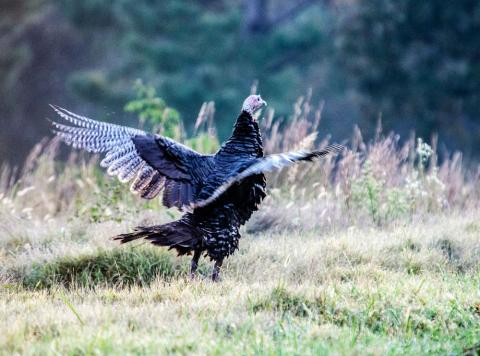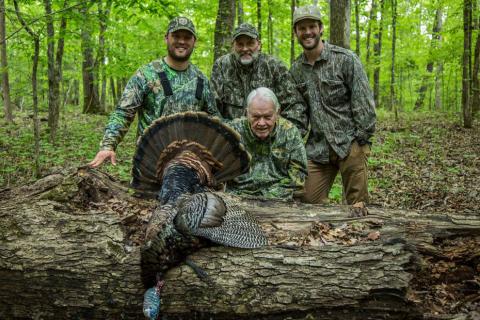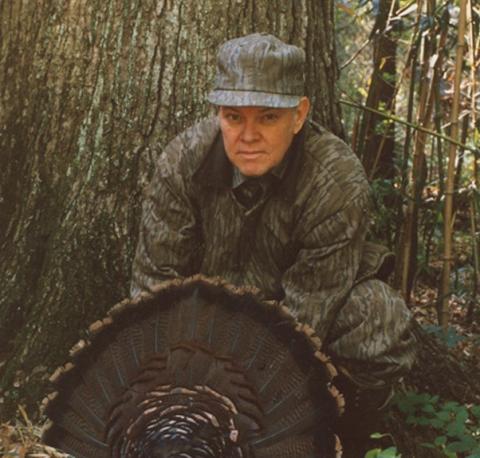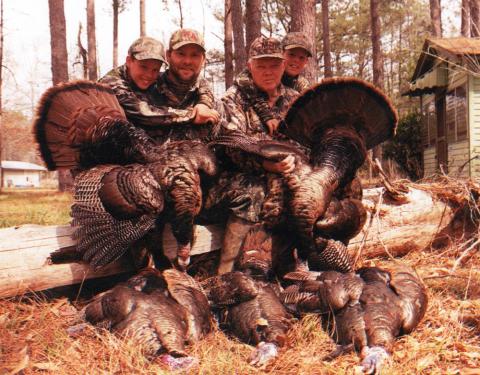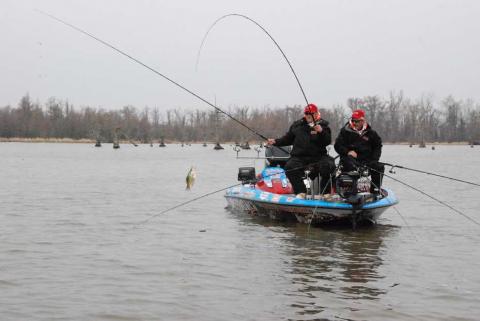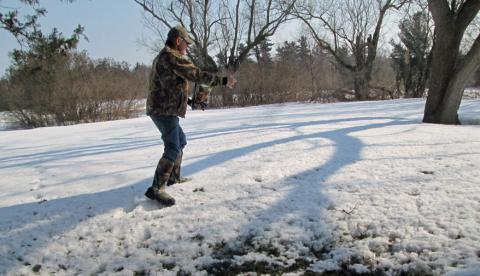As a professional real estate agent, I frequently get calls from consumers asking questions about real estate and the buying and selling of it. I have listed below some of these questions. The answers I have written are general and brief and as I have suggested, you will need to consult a legal expert for more detailed information.
Dear Land Guy,
I am looking to buy a recreational tract that is predominately low-lying bottomland. After all the tornadoes and floods we have, do you think this is a mistake? Drew, LA
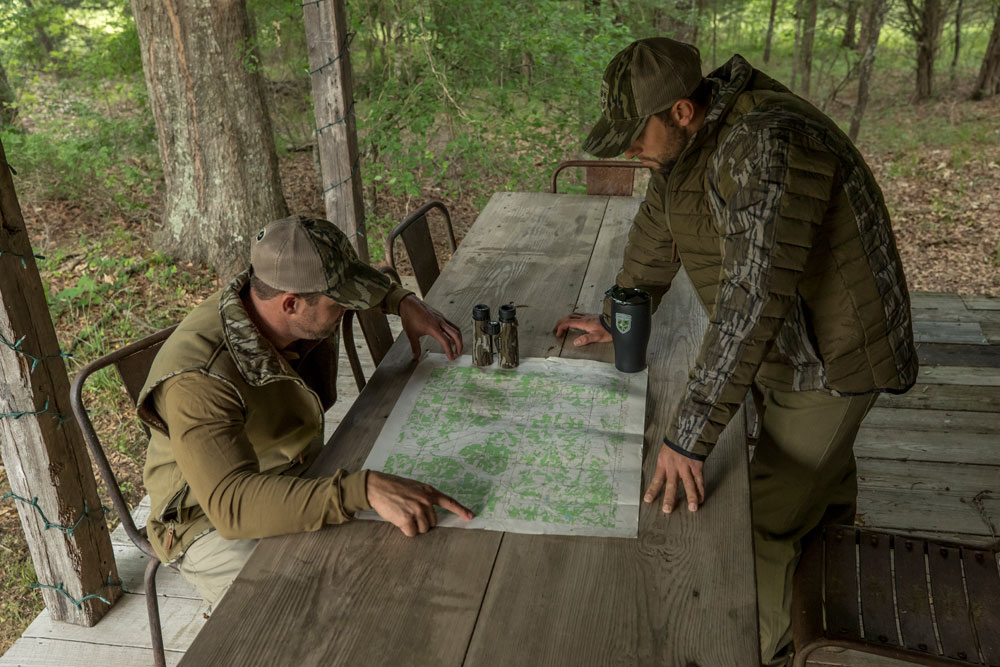
You should certainly take into consideration all of the factors that could affect the type of property you are buying. Weather is an unknown in any given situation and the storms can wreak havoc on property at any time. Although tornadoes do appear to consistently travel certain paths year after year, they are largely unpredictable, and it would be hard to predict their effect on any given property.
However, floods are a different story. If there is bottomland close to a body of water, whether it is a major river or a small tributary, you can check the history of flooding on that particular piece of land. Many government agencies such as the Corps of Engineers keep historical data on water levels and floods. Check with them to see if the property you are considering has a flood history and also what the elevation is. Being aware of the past history of the tract can help in determining if that particular property will meet your expectations.
The truth of the matter is that bottomland contains some of the most productive and fertile soils due to the floods which deposit high quality topsoil and organic matter in areas around the waterway. The Mississippi Delta is a result of years of floods depositing fertile soils along the mighty Mississippi River. Today, the Mississippi Delta is one of the most productive cropland regions in our country, and provides some of our nation’s best hunting and responds very quickly to good management practices.
With all that being said, bottomland does have some drawbacks. You should determine whether the frequency of flooding will affect your expectations and goals for your property. Obviously, if a property has a history of being underwater during the majority of deer and turkey hunting season, you probably want to look elsewhere. However, if you are buying it for duck hunting, then it may be ideal for what you are looking for. It all depends on what your expectations are for the property. If a property is known to be flood prone, there are several things to consider before purchasing such as erosion problems, maintaining good roads, crossings on low-lying areas, structures and how floods will affect them, timber growth and the potential to harvest it, and the ability to plant and grow crops.
The best case scenario is to purchase a “balanced property,” in that it has a good balance of both bottomland and upland thus giving the owner a hedge to the potential hazards of flooding. I have visited many such properties where the lodge and structures overlook a beautiful hardwood bottom that was home to many wildlife species. Bottomland has a distinct advantage to wildlife. Wildlife benefit from the mast crops produced. A spring turkey hunt in a pristine bottomland setting is priceless. It offers aesthetics to the owners that form a memory that will last a lifetime. But, there are also many hazards for wildlife too such as lack of cover for turkeys that are nesting and the potential of damaging effects on the deer herd, especially during fawning. All of these can be managed more effectively if it is a "balanced property" consisting of bottomland and uplands.
















